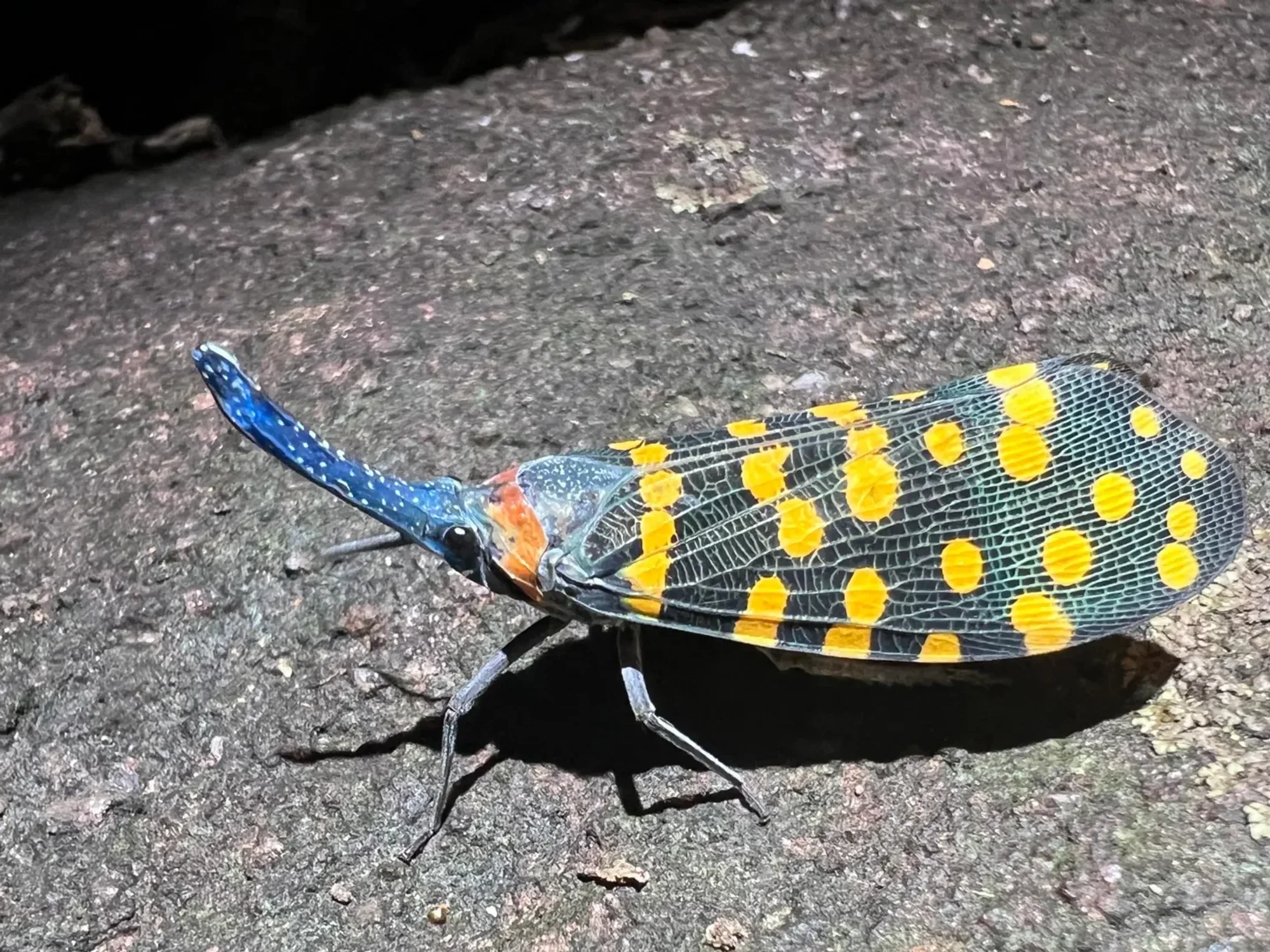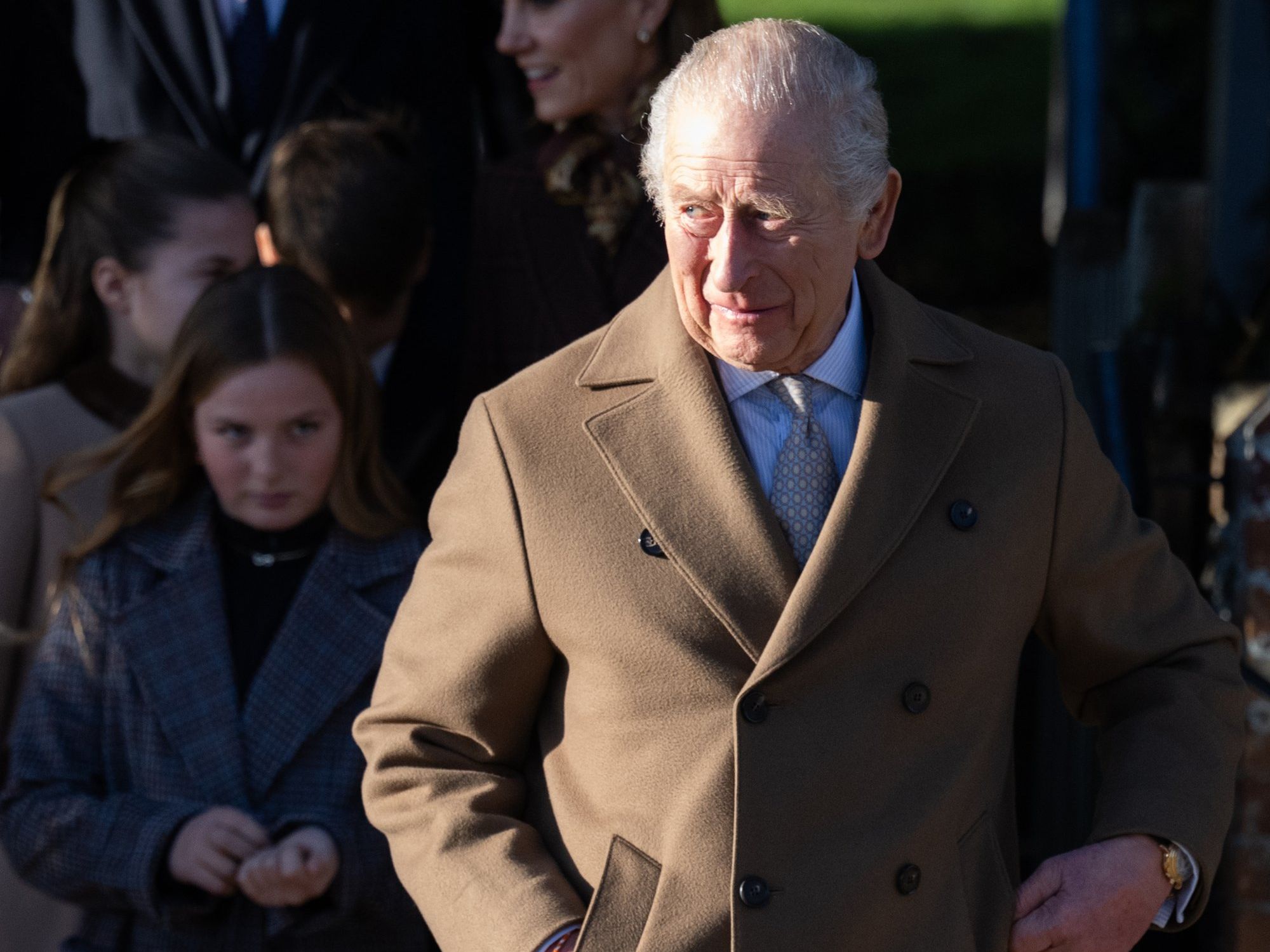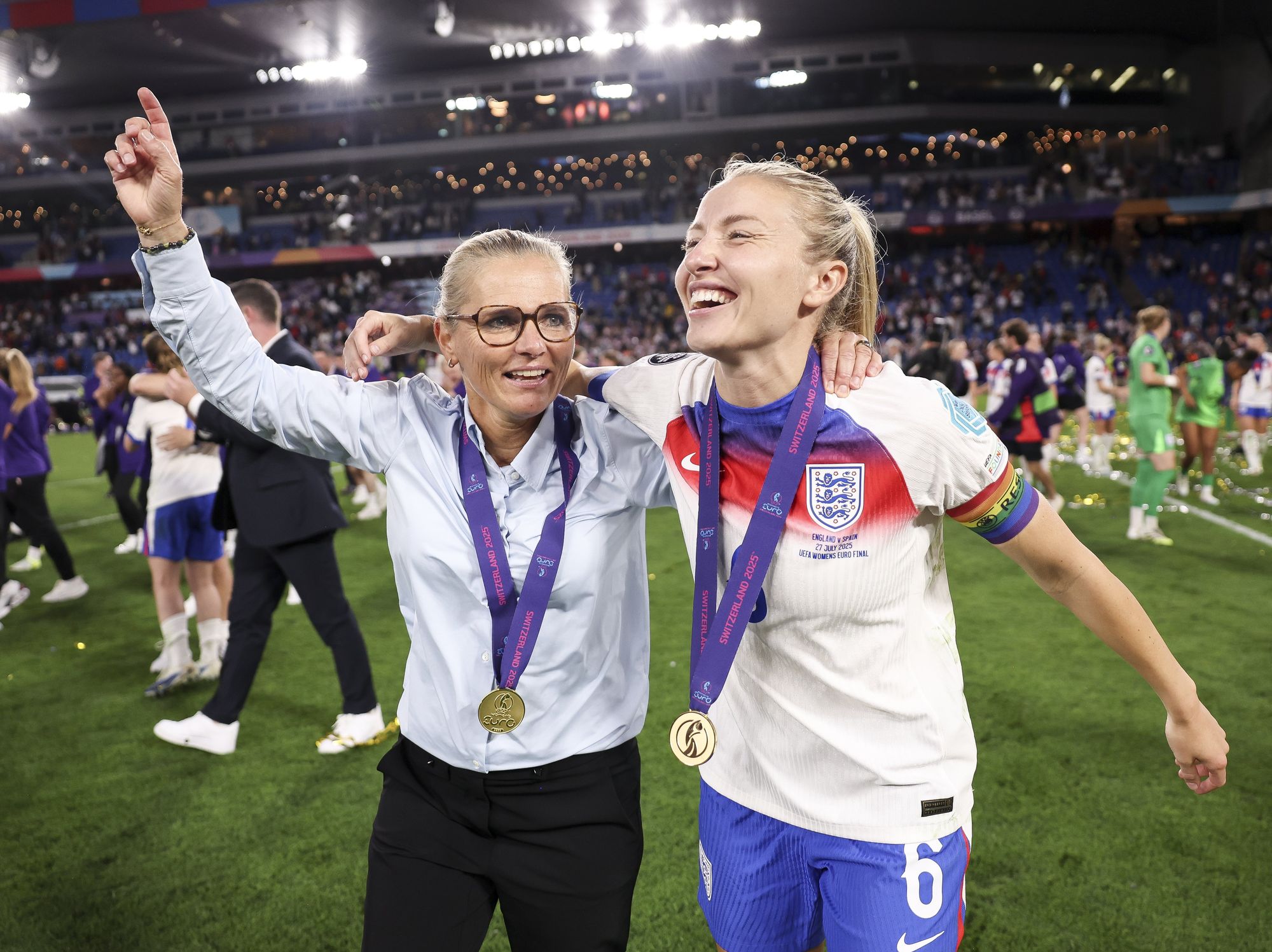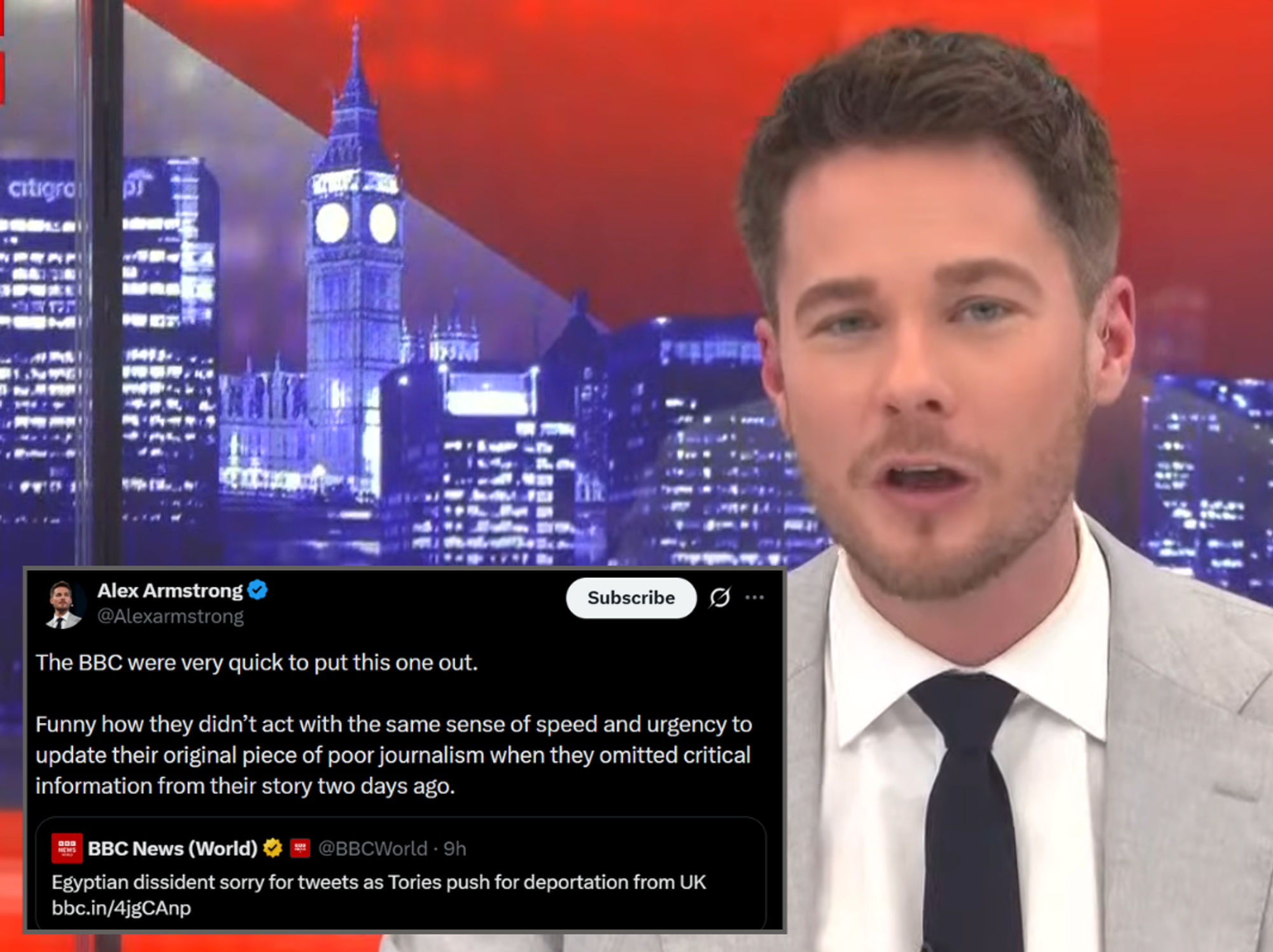Neil Oliver: In Covid lockdowns, we didn't put kids first

'It is lockdown and all its attendant miseries of state-fashioned fear, closed schools, cancelled exams, remote-learning, isolation, stolen years'
Don't Miss
Most Read
For the last two years our society has failed our children. Parents, teachers – anyone who works closely with children reports rising levels of mental health problems among the under-18s that can only be described as surging.
I would call it a rising tsunami. It is not Covid that has done this to our children. It is lockdown and all its attendant miseries of state-fashioned fear, closed schools, cancelled exams, remote-learning, isolation, stolen years. Between April and October 2021 more than 400,000 children in England were referred to the NHS for specialist care for issues including suicidal thoughts, eating disorders and self-harm. That was a 77 percent rise on the year before. Teachers and head teachers have had similar stories to tell of all manner of children struggling with their mental health. We can cut to the chase by saying the number of suicidal children has soared. Think about that. Suicidal children. On our watch.
We have all seen the damage done. All parents, I’m sure, can testify to elevated levels of anxiety, at the very least, endured by their children – in any event a toll taken on young minds, young lives. Some of what has been done to some youngsters might last a lifetime. Fear driven by ceaseless propaganda. Educations compromised. Friendship groups broken.
Some of our youngest left struggling with speech and hearing impediments severely exacerbated by mask wearing at a time when they need to see faces if they are to learn to communicate. There aren’t many of us, I suspect, young or old, who can say the last two years have not left us altered, and looking out at altered places, altered lives.
Few would say, and again this is just my opinion, that anything has been altered for the better. But from beginning to end, it is our children that have borne the brunt of all of it – and entirely because of decisions taken by our leaders and their advisors.
Wherever Covid came from, however it happened, for the mass of us ordinary people it arrived among us like any other disease. Lockdown and the rest however, were choices our governments made and enforced long after it was apparent such measures were doing only harm, and no good. Covid barely touched our children. Our society hurt our children. They were told if they didn’t behave they would kill granny. We were all told we were putting the elderly first – though anyone locked in a care home without visitors for a year or more probably didn’t feel like much of a priority. For the first time I can remember, our society took the decision not to put children first.
The grownups are meant to protect the children – all children, not just their own. That much is on page one of the obligations of adulthood. We all know it to be true and also right. If our species has a prime directive, a duty above all others, it is or should be, to protect the children. Shield them from harm, even if by so doing a toll must be taken on the adult population. But for these past two years our society has done no such thing. On the contrary, our society has knowingly and deliberately sacrificed the wellbeing of our youngest telling us, wrongly as it turned out, that such action would protect the oldest. This behaviour was anyway an inversion of all that is right. This is unforgivable.
Children’s lives have been, and this as politely as I can describe it, put on hold. If you’re a hundred years old, two years is two per cent of your life. If you’re two years old, it’s a hundred percent. Extended periods of isolation from friends and extended family.
None of the events and ceremonies that mark the milestones of young lives. No parties, no play dates, no graduations. A constant presence of state-sponsored fear tactics to keep Covid permanently on everyone’s mind, our children included. Then of course there are the vaccinations.
Millions of children at no measurable risk at all from the virus have been injected with vaccines for which there is and can be no long term data about long term effects. For months, some have been suggesting possible links between some of the vaccines and heart problems – potentially lethal heart problems – especially in teenage boys.
If a boy catches Covid and gets a heart problem, that’s terribly bad luck. If he takes the vaccine and gets a heart problem, that’s an ill, delivered straight into his arm by a medical professional. Louder and louder have grown the concerns from countless scientists and eminent physicians, with lifetimes of experience, about the safety and efficacy of vaccines and yet children have continued to be lined up and jabbed.
Always there are calls to vaccinate younger and younger children – five year olds at least. I say this is evil.These risks with children – however small, and the juries are still out on that one – have been taken in the knowledge that the disease poses the vast majority of children almost zero threat. Rather they have been vaccinated – and these are not my words but the words of officialdom – to protect the adults around them.
I listen to those words and feel nothing but shame for my generation and all the generations of adults who have watched this happen.Our society has stolen two years of our children’s lives and pressured so many of our teenagers to submit to a medical procedure of uncertain safety so as to keep their mostly already vaccinated elders safe. Well done, all.
Our society was not always like this. When the threat of war loomed like a darkness over these islands in 1939, plans were hurriedly set in place to get the children out of harm’s way. In its first three days, beginning on 1st September 1939, Operation Pied Piper moved 1.5 million children from cities and towns deemed most at risk from bombing and into the countryside. Eventually some three million children and vulnerable people were taken to safety.
That is how our elders thought then. That is how our society used to behave. Making and keeping children safe used to run through our society like lettering through Blackpool rock.
In the early hours of the 26th of February 1852, the iron hulled steam ship HMS Birkenhead was en route to war in South Africa. Just 80-odd miles from her destination in Cape Town, she struck a reef of rocks. Aboard Birkenhead were more than 600 British soldiers – together with the wives and children of some of the men.
Many of the uniformed men were raw recruits collected at Cobh of Cork in Southern Ireland. For the most part they had joined up to escape An Gorta Mor, The Great Hunger usually remembered as the Irish Potato Famine. All most of them wanted was the promise of regular meals. The senior fighting man aboard was Lieutenant Colonel Alexander Seton, 38 years old and commanding the 66 men of the 74th Regiment that would later be the Highland Light Infantry.Despite the chaos of the night, those not already drowned or killed by the impact with the reef and the in-rush of water, assembled on deck.
Green recruits most of them, some terribly injured, they came to order on the sloping deck. Only three lifeboats were fit to launch, not nearly enough, and so Seton made a decision there and then that changed maritime protocol forever.Before, in the face of such a disaster, the order was Every Man For Himself. But Seton had women and children to take care of and so he did. All of those were put into the boats first.
Seton himself took up a position at the end of the gangplank, while the boats were lowered into the water, with his sword drawn in case there was a rush towards them. No one moved, no one broke ranks.The remaining places were then filled in line with what the army has always called Funeral Order – which is to say youngest first. Once again, those closest in age to children were shepherded to safety while those older merely waited, looking up into that African sky while Birkenhead slid lower.
Not long after the lifeboats were rowed clear, Birkenhead broke her back and began to sink more quickly. The ship was captained by an old Navy hand named Robert Salmond, and he climbed into the rigging and shouted out to the men that they should swim towards the boats.“Save yourselves if you can!” he shouted, over and over.
Understanding at once that such a move would swamp the lifeboats, Lieutenant Colonel Seton cried out:“If you do that, you will swamp them, and the women and children will be killed. I beg you not to do this. I beg you to hold the line.” And so it was and so they did. Green recruits they might once have been, but they were men now, and soldiers. And for the sake of the women and children they held the line.
The water into which they plunged then was shark infested – Great Whites among them. Within an hour or two 430 of 600 men were lost. Young men fleeing starvation, made food for sharks.But not one woman and not one child was hurt. All survived.
News of the Birkenhead went around the world, went viral so to speak, and became legend. The call of Women and Children first is more properly described as The Birkenhead Drill. When the story reached the ears of the King of Prussia, Frederik Wilhelm, he ordered that an account be posted on the wall of every barracks of his troops – so they would learn and know what men were capable of.Rudyard Kipling immortalised their bravery in a poem:“But to stand and be still to the Birkenhead Drill is a damn tough bullet to chew.”
Seton and his men had changed their world, changed the way people were expected to behave in times of crisis and danger – this is how they are remembered, this is their monument. Keep the children and the women safe, no matter the cost. And so what will be our memorial? Will it be a generation of damaged children? A generation of children for whom the future is blighted?
I honestly don’t know. I do know, however, that we can stop this now. We can, if we want, make children’s lives normal again. No more masks anywhere. No more threat and fear looming over their lives. We can decide, above all, never again to allow a government to behave in such a way towards our children.
Perhaps some of what has been done, might be undone. As adults, as parents, we owe them that much at least.











